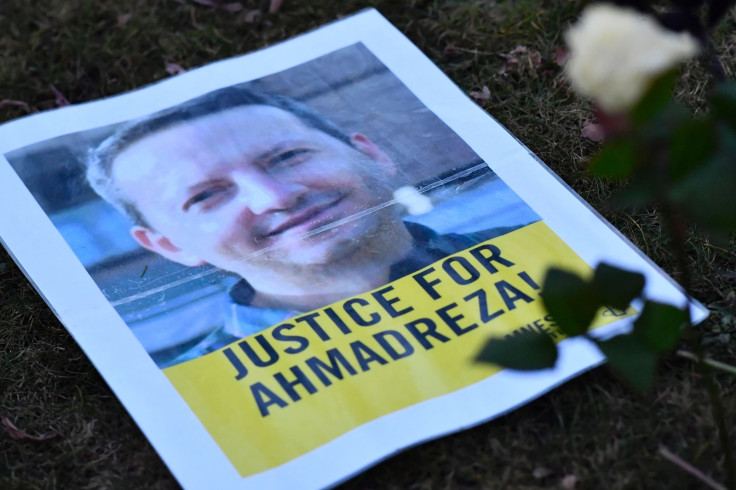Iran issues death penalty to 'Mossad spy' over his role in nuclear scientists' killings
Ahmadreza Djalali, is an emergency medicine specialist and a lecturer at Stockholm's Karolinska Institute.

Iran on Tuesday (24 October) sentenced to death a doctor with a Swedish residency permit after he was found guilty of spying for Israel's Mossad intelligence service and being involved in the murder of two nuclear scientists of the country.
However, human rights organisations called it a "grossly unfair trial" based on psychological torture and false confessions.
Tehran prosecutors did not disclose the name of the convict, but a woman confirmed that her husband, Ahmadreza Djalali, has been convicted of similar charges. Djalali is an emergency medicine specialist and a lecturer at Stockholm's Karolinska Institute.
Prosecutors alleged that the unnamed accused shared secret information on at least 30 Iranian nuclear scientists with Mossad in exchange for money and the Swedish residency, the BBC wrote, citing Iranian media. Two of those scientists were killed in bomb attacks in 2010.
"One of the crimes of the convict has been disclosing the address and some details of 30 important figures involved in (the country's) research, military and nuclear projects, including (Iranian nuclear scientists) martyrs, Shahriari and Ali- Mohammadi, to Mossad intelligence officers which led to their assassination and martyrdom," Tehran prosecutor Abbas Jafari Dolatabadi was quoted by a judiciary news website on Tuesday as saying.
Human rights group Amnesty International said that Djalali was arrested by intelligence ministry officials in April 2016 when he was on a business trip to Iran. He was held without access to a lawyer for seven months, including three months of solitary confinement.
During the solitary confinement, Djalali reportedly said that he was forced to make "confessions" in front of a video camera on two occasions. He also said that he was subjected to psychological torture and was threatened with execution. Iranian officials also threatened to arrest his children.
Djalali was sentenced after "a grossly unfair trial that once again exposes not only the Iranian authorities' steadfast commitment to use of the death penalty but their utter contempt for the rule of law," Philip Luther, Amnesty's Research and Advocacy Director for the Middle East and North Africa.
"No evidence has ever been presented to show that he is anything other than an academic peacefully pursuing his profession," Luther added.



















